K-Pop Needs Its #MeToo Moment
With K-pop bigger than ever, the misogyny within the industry must be addressed
With BTS performing at the UN General Assembly, it’s clear that K-pop’s stronghold on pop culture isn’t letting go any time soon. The flashy choreography, eye-catching visuals and photogenic idols are a force to be reckoned with in global entertainment. K-pop labels like SM Entertainment, JYP Entertainment and YG Entertainment work tirelessly to promote a squeaky-clean image. Under this veneer, however, the K-pop industry is deeply entrenched in misogyny.
Korean beauty standards are notoriously harsh. Idols are forced to follow strict diet regimens to maintain a slim figure. The pressure to stay thin is detrimental to the health of female idols in particular. Former idol-turned-actress Kim Jae-kyung, who debuted with the group Rainbow, detailed in 2015 that her agency made the group participate in weekly weight checks. Their weights were displayed on a wall for members of the group to compare with each other. She added that girls would dehydrate themselves by going to the bathroom repeatedly and spitting out their saliva to reduce their weight by even the tiniest margin. Momo of TWICE, one of South Korea’s most successful and popular girl groups, was told to lose 7 kg (15 pounds) in one week. Over that week, she ate only one ice cube per day, and despite malnourishment, she was forced to work out. This experience was deeply traumatic, with Momo admitting that she feared it would kill her.
Weight isn’t the only aspect of strict South Korean beauty standards. Facial features such as double eyelids, thin noses and V-shaped jaws are prized to the point where cosmetic surgery is culturally normalized. For South Korean women, going under the knife is viewed as a vital method of improving career opportunities. According to a 2020 Gallup poll, one in four South Korean women aged 19-29 and nearly one in three South Korean women aged 30-39 reported undergoing cosmetic surgery. K-pop agencies routinely pressure idol trainees to undergo cosmetic surgeries.
Ex-idol trainee Euodias detailed that her company strongly encouraged her to undergo cosmetic surgery. Euodias was considered for the spot of the “visual.” In a K-pop group, the “visual” is considered the most attractive and most likely to get endorsements and be positioned in the middle of the group during photoshoots. When competing with another girl for a spot in the group Team A, Euodias was told by her company that she would “end up prettier” than the other girl if she underwent cosmetic surgeries and that she would be “ready to be the visual.”
Strict beauty standards only scratch the surface of the K-pop industry’s pervasive misogyny. Sexual abuse has been repeatedly documented within the K-pop industry. Burning Sun Club was a prominent nightclub in the Gangnam district of Seoul and was popular with K-pop idols. In 2019, outcry erupted after allegations of rape and non-consentual filming of sexual activities were made against idols who frequented the club.
Seungri of the group Big Bang, one of the club’s directors, resigned from the entertainment industry after being charged with sexual bribery. Former idols Jung Joon-young and Choi Jong-hoon admitted to gang-raping several unconcious women. In addition, Jung Joon-young filmed videos of the assaults and spread them in group chats.
Non-consensual filming of women, also known as molka or spy-cam porn, is a wide-spread problem in South Korea. In 2018, the largest women’s rights demonstration in South Korean history occurred when over 22,000 women protested in favor of harsher punishments for molka. Amid these protests, current president Moon Jae-In acknowledged the problem as “a part of daily life.” Former idol Goo Hara of the group Kara’s ex-boyfriend, Choi Jong-Bum, threatened to release non-consensually filmed illicit videos of the idol in an attempt to ruin her career. Choi was acquitted on charges of illicit filming on the basis that Goo Hara remained in the relationship after the non-consensual filming took place. Goo Hara was viciously harassed on social media and, on Nov. 24, 2019, died by suicide.
Most recently, allegations against Kris Wu, former member of the wildly popular South Korean-Chinese boy band Exo, shocked fans across the world. On July 8, 2021, Du Meizhu, a 19-year-old Chinese university student, alleged that Wu raped her after forcing her to drink alcohol when she was 17. At least 24 more women, including minors, came forward with allegations of sexual misconduct against Wu. Wu would lure in young women with promises of job opportunities within the K-pop industry. Du detailed that she was paid 500,000 yuan ($77,166) in order to keep quiet but returned the hush money back to Wu in a series of installments after coming forward. On August 16, 2021, Kris Wu was formally arrested in Beijing on suspicion of rape. The allegations against him are still being investigated.
Feminism is a contentious topic in South Korea. Young South Korean men harbor vitriolic anti-feminist sentiments as seen in a 2019 poll from Hankook Research Company, where 58.6% of Korean men in their 20s reported that they strongly opposed feminism. About 26% of men in their 20s marked the intensity of their opposition as a 12 on a scale of zero to 12. When speaking out about feminism, female idols are subject to significant harassment. Irene of the group Red Velvet was targeted online for implying an interest in feminist politics. In 2018, the idol was asked by a fan about what books she was reading. She responded with Kim Ji Young, Born 1982. The novel discusses the hardships that women face in South Korea. Male fans responded with burning photos of her, and badgering the idol with online harassment. One politically outspoken idol, Sulli of f(x), died by suicide after being a target of harrassment for her feminist views.
South Korea recognizes that the international popularity of K-pop, particularly of BTS, allows them a tremendous amount of social power. BTS has leveraged their immense social capital to speak out about important issues. In 2020, the group donated $1 million to the Black Lives Matter movement. In their 2021 statement to the UN General Assembly, they stressed the importance of getting vaccinated against COVID-19. The real test of their commitment to social justice, however, is their willingness to speak up against the misogyny in their own industry. BTS speaking out against the misogyny in the K-pop industry would be the necessary catalyst to enact change.

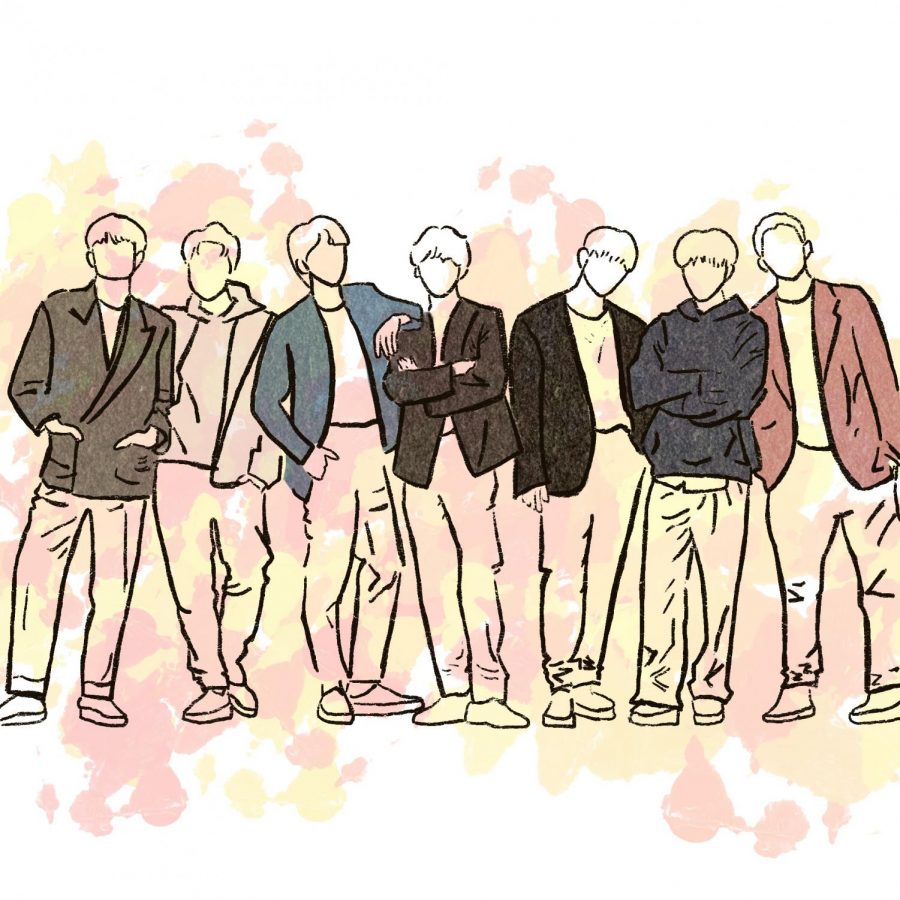
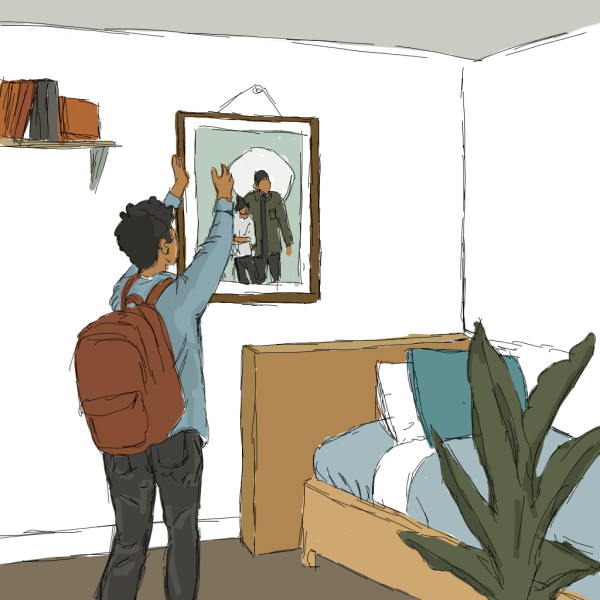
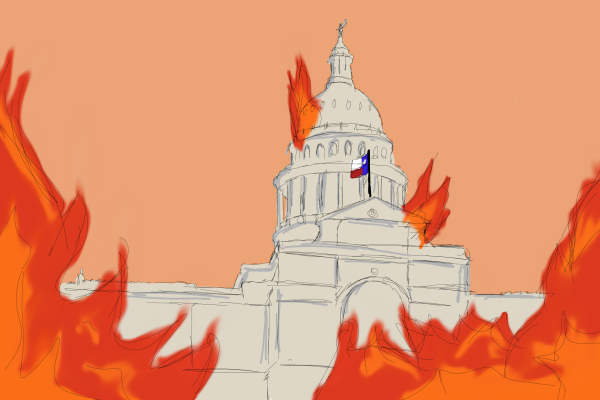


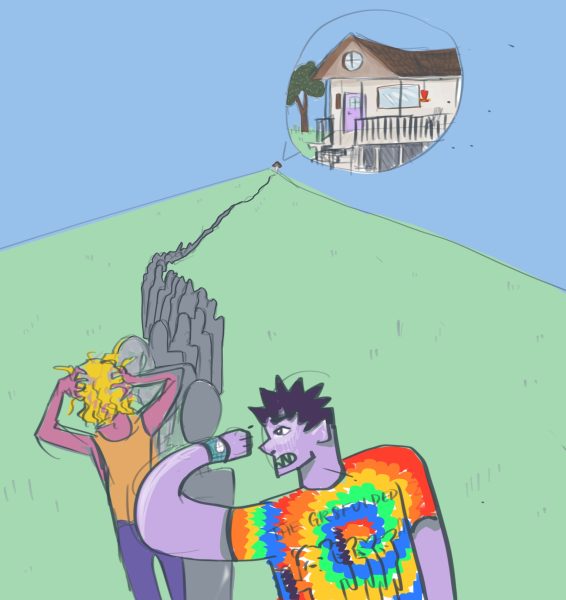



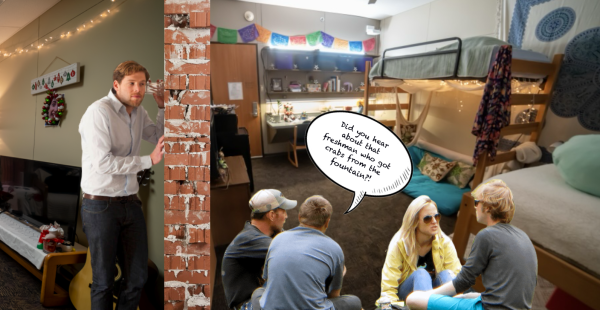
Hannah Wolf • Oct 15, 2021 at 9:28 am
I’m surprised that you didn’t discuss LAYSHA’s scare with their non-consensual filming as an example and Yellow Bee’s disbandment because of company mistreatment. Nevertheless, excellent analysis.